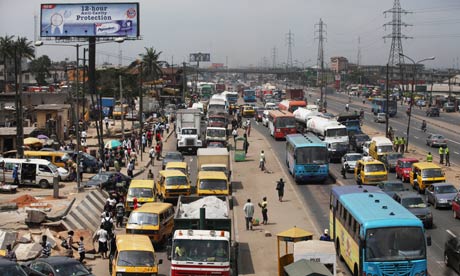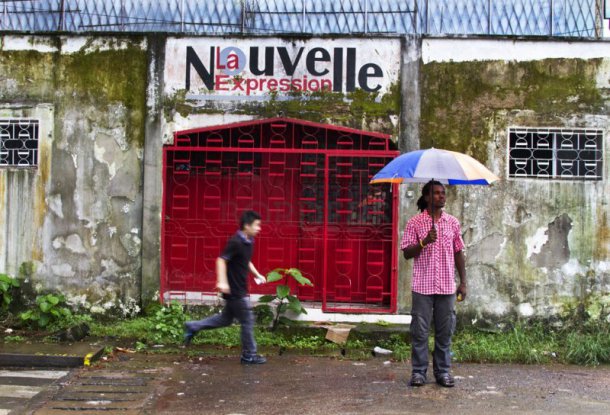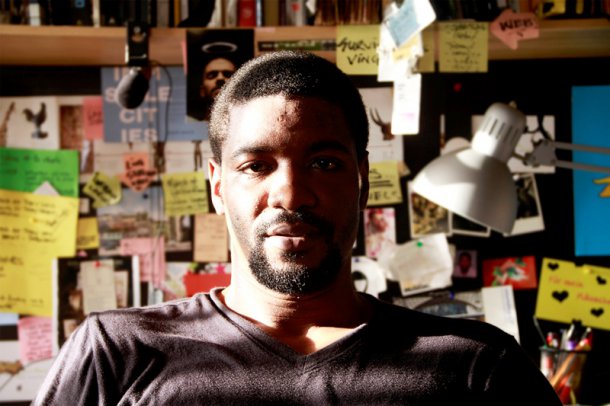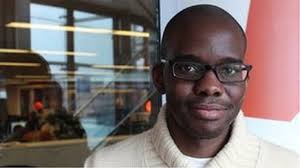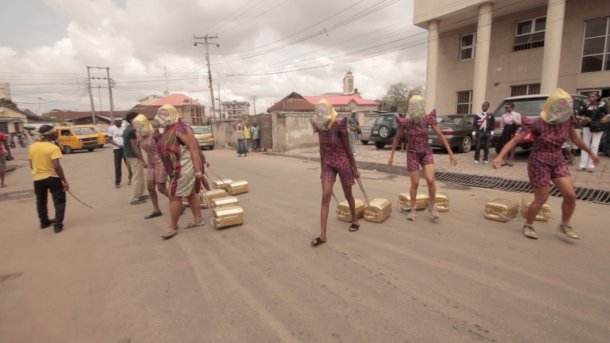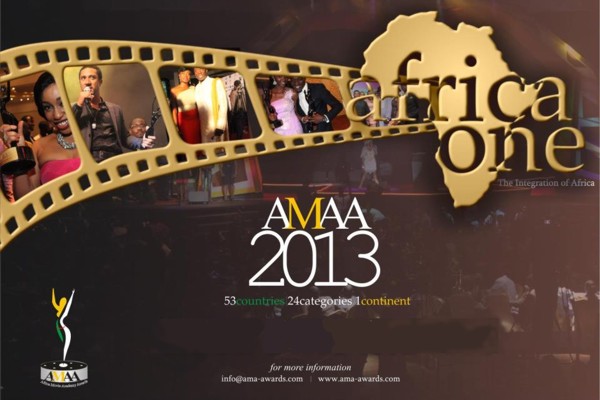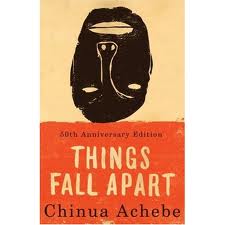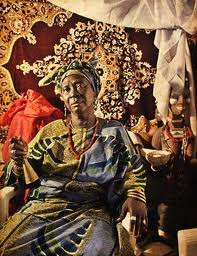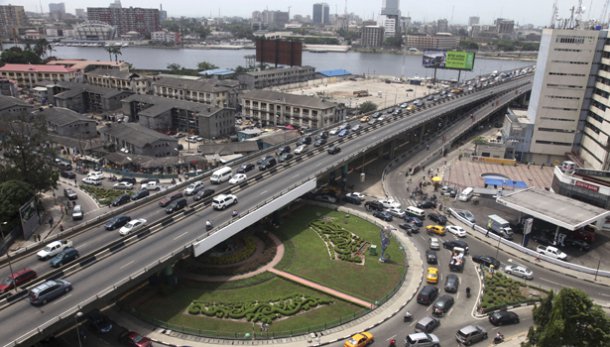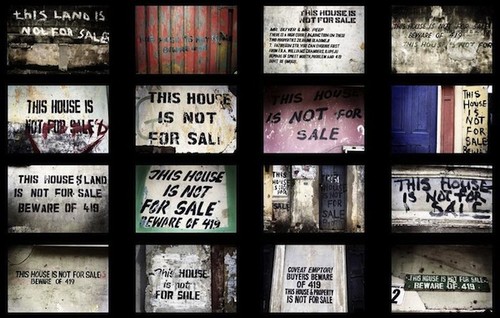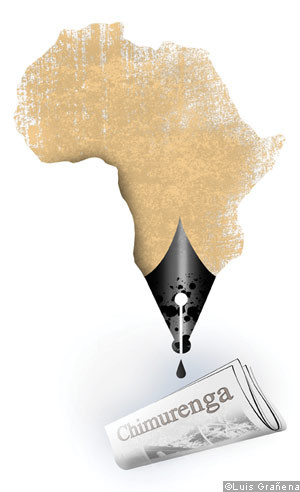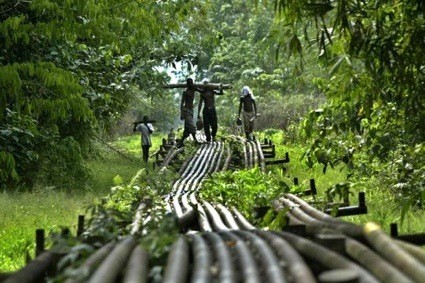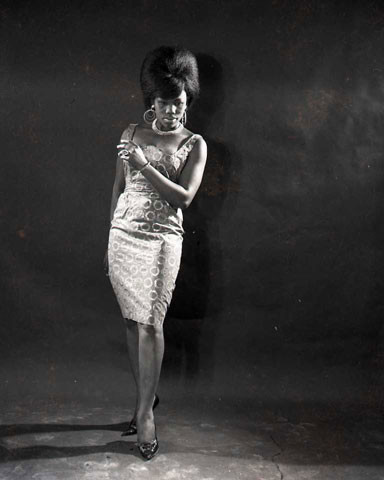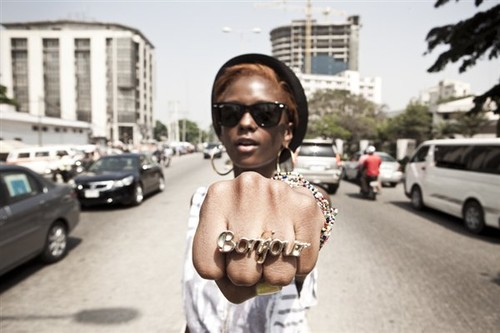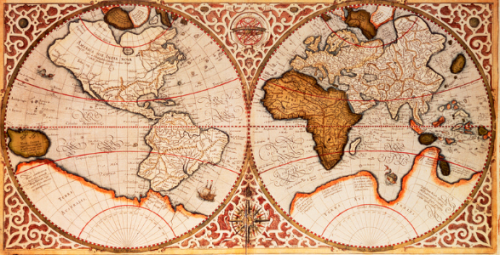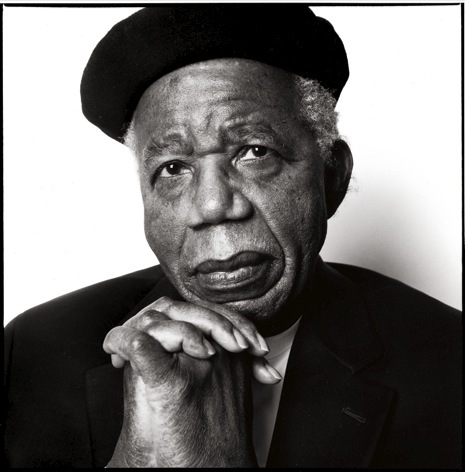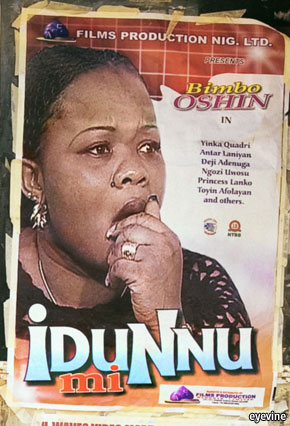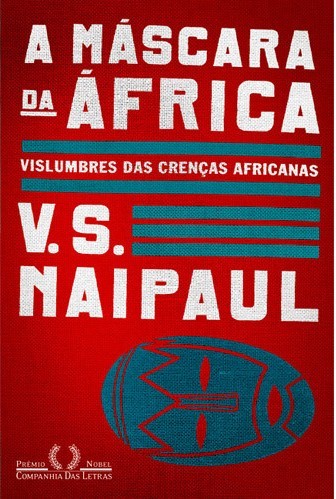
(Versão brasileira de Marcos Bagno, 2011)
É a última obra de V.S. Naipaul, o Nobel da literatura nascido nas ilhas de Trinidad, e é um livro de viagens a seis países africanos. Começa pelo Uganda, onde o autor esteve uma primeira vez em 1966, e depois descreve em narrativas autónomas a Nigéria, o Gana, a Costa do Marfim, o Gabão e acaba em Joanesburgo.
As descrições dos países não têm continuidade de uns para outros, salvo situações muito pontuais, e isso introduz desde logo a ideia da diversidade dos países e a negação da África como um continente homogéneo. O livro que o acaso fez com que fosse lido numa recentíssima tradução brasileira tem muitas qualidades que decorrem naturalmente do talento do escritor mas sobretudo por este assumir um ponto de vista crítico sem nenhuma complacência ou relativismo cultural face aos países e situações que encontra e descreve. Os outros aspectos particularmente fascinantes decorrem do facto do autor, que conhece profundamente a história pré-colonial destes países, nos relatar com pormenores a genealogia de muitos destes reinos, costumes, tradições, línguas e, sem nunca assumir uma descrição neutral, nos dar uma visão a partir deste olhar “interior” sobre estas realidades.
De um modo ou de outro perpassa em todas as narrativas uma reflexão e um questionar subtil das consequências das independências nestes países e mesmo o fim do apartheid na África do Sul inquestionavelmente exaltado lhe merece várias perguntas sobre o legado negativo que o mesmo provocou na sociedade sul-africana de hoje: “Nas palavras do extraordinário escritor sul-africano Rian Malan (nascido em 1954) – buscando sempre sem retórica ou falsidade e, de modo quase religioso, uma explicação para o sofrimento racial do seu país –, os brancos construíram uma base lunar para a sua civilização; quando ela desmoronou, não havia nada ali para os negros ou brancos” (pág. 246). E mais adiante há um tabu que o interpela: “Mas um pouco como Fatima (nome de uma personagem) em busca de sua identidade, eu me senti encurralado na África do Sul, e vi que aqui raça era tudo e um pouco mais; que a raça mergulha tão fundo quanto a religião em outros lugares” (pág. 253).
Finalmente, seja no Uganda, na Nigéria ou na África do Sul, há páginas dedicadas aos ‘horrores’ que são as descrições de práticas de feitiçaria, bazares inteiros de pedaços de corpos de animais vendidos como amuletos de protecções ou ritos de sacrifício, que muitos africanos reclamam como práticas identitárias e que Naipaul não tolera e denuncia não admitindo a este propósito qualquer relativismo cultural.
António Pinto Ribeiro
